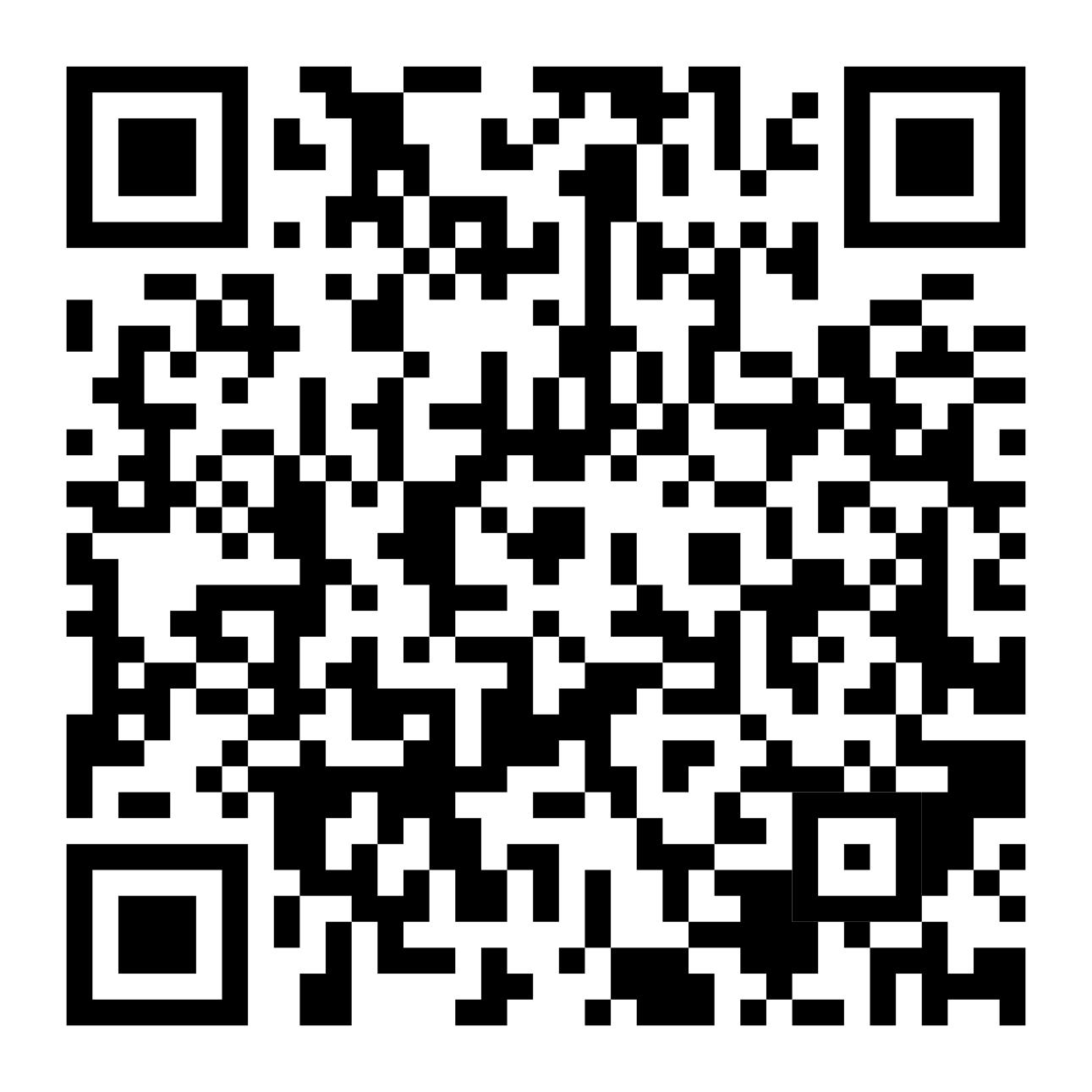Analysis the Influence Entrepreneurship Knowledge, Circle of Friends and Economic Background on Students Interest to be Entrepreneur
DOI:
https://doi.org/10.23917/jkk.v1i4.27Keywords:
circle of friends, economic background, entrepreneurship knowledge, students interestAbstract
This research aims to analyze the influence of Entrepreneurship Knowledge, Circle of Friends, and Economic Background on Students Interest in being entrepreneurs. This type of research is quantitative research as a research method and uses multiple regression analysis to analyze data. The subject of this research is students from the Faculty of Economics and Business at the Universitas Muhammadiyah Surakarta, with 120 students as samples. The technique for collecting data uses a questionnaire from google form. The result shows that the Circle of Friends (X2) and Economic Background (X3) have a positive effect on students' interest (Y). Still, Entrepreneurship Knowledge (X1) has not positively impacted Student Interest (Y).
Downloads
References
Amrullah, M., Wahyudi, S. T., & Ekawaty, M. (2020). Mitigating Income Inequality in Bali Province, Indonesia. Jurnal Ekonomi Pembangunan: Kajian Masalah Ekonomi Dan Pembangunan, 21(2), 71–80.
Bahagia, B., Hudayana, B., Wibowo, R., & Anna, Z. (2020). Local Wisdom to Overcome COVID-19 Pandemic of Urug and Cipatat Kolot Societies in Bogor, West Java, Indonesia. Forum Geografi, 34(2).
Harsono, H., & Budiyanto, S. M. (2015). Membidik Mahasiswa sebagai Calon Wirausahawan. Jurnal Pendidikan Ilmu Sosial, 25(2), 34–45.
Hartarto, A. (2018). Making Indonesia 4.0. Kementerian Perindustrian RI. Jakarta.
Kurjono, K., & Yolanda, Y. (2022). Intensi Berwirausaha pada Generasi Milenial: Perspektif Kepribadian. Jurnal Pendidikan Ilmu Sosial, 32(1), 118–139.
Kurniasari, Y., Suseta, B., Hendiyani, N., & Abadi, A. M. (2020). Classification of Open Unemployment Rate in Indonesia with Mamdani Fuzzy Inference System. Journal of Physics: Conference Series, 1581(1), 12010.
Mambu, C. N., Pangemanan, S. S., & Pandowo, M. (2019). The Influence of Entrepreneur Knowledge, Family Experience with Business, Entrepreneurial Education on the Interest of Student Entrepreneurship in UKM Universitas Sam Ratulangi. Jurnal EMBA: Jurnal Riset Ekonomi, Manajemen, Bisnis Dan Akuntansi, 7(1).
Martin, L., & Omrani, N. (2019). Understanding Senior Entrepreneur Behavior. Journal of Enterprising Culture, 27(03), 259–282.
Mukharomah, W. (2008). Sikap Pengusaha dalam Alih Generasi Wirausaha di Kota Surakarta.
Nugroho, A. J. S., Marjukah, A., Harris, A., Febrianty, A., & Tasari, T. (2021). Islamic Entrepreurial Values Intention Determinants: An Empirical Model and Case of Micro Entrepreneurs in Solo Raya Regency. Benefit: Jurnal Manajemen Dan Bisnis, 6(1), 1–12.
Rahayu, H. C., Purwantoro, P., & Setyowati, E. (2021). Measuring the Effect of Inequality and Human Resource Indicators to Poverty Density in Indonesia. Jurnal Ekonomi Pembangunan: Kajian Masalah Ekonomi Dan Pembangunan, 22(2), 153–160.
Raza, S. A., Qazi, W., & Shah, N. (2018). Factors Affecting the Motivation and Intention to Become an Entrepreneur among Business University Students. International Journal of Knowledge and Learning, 12(3), 221–241.
Rinaldo, D., Sari, P. A., & Sari, W. P. (2021). Perencanaan Keuangan dan Sumber Daya Manusia sebagai Upaya Perbaikan Tata Kelola Bisnis dalam Menghadapi Masa Krisis Akibat Covid-19. Warta LPM, 24(2), 319–330.
Rubiyanto, R. (2007). Program Pengembangan Budaya Kewirausahaan bagi Mahasiswa Perguruan Tinggi melalui Keterampilan Percetakan.
Saputro, E. P., Achmad, N., & Handayani, S. (2016). Identifikasi Faktor yang Mempengaruhi Sukses Wirausaha. Benefit: Jurnal Manajemen Dan Bisnis, 1(1), 10–20.
Sari, I. A., & Rahmantika, D. N. (2021). The Effect of Firm Characteristics and Entrepreneur Characteristics on the Success of MSME Business in Central Java Province. Jurnal Manajemen Dayasaing, 23(1), 26–35.
Setiaji, B. (2015). Pengangguran sebagai Perhatian Utama Ekonomi Muhammadiyah. Tajdida: Jurnal Pemikiran Dan Gerakan Muhammadiyah, 13(1), 77–88.
Silagadze, A. (2017). Post-Soviet "Paradoxes" of Unemployment Rate. Bull. Georg. Natl. Acad. Sci, 11(1), 136–141.
Soebagiyo, D., Hasmarini, M. I., & Chuzaimah, C. (2017). Analisis Pengaruh Kesempatan Kerja, Tingkat Beban/tanggungan dan Pendidikan terhadap Pengangguran di Provinsi Dati I Jawa Tengah. Jurnal Ekonomi Pembangunan: Kajian Masalah Ekonomi Dan Pembangunan, 6(2), 163–186.
Syamsudin, S., Cahya, B. T., & Dewi, S. N. (2015). Pengaruh Kinerja Keuangan terhadap Pertumbuhan Ekonomi, Pengangguran dan Kemiskinan. Jurnal Manajemen Dayasaing, 17(1), 15–27.
Downloads
Published
How to Cite
Issue
Section
License
Copyright (c) 2023 Martina Kusumaningrum, Ita Nuryana

This work is licensed under a Creative Commons Attribution 4.0 International License.















